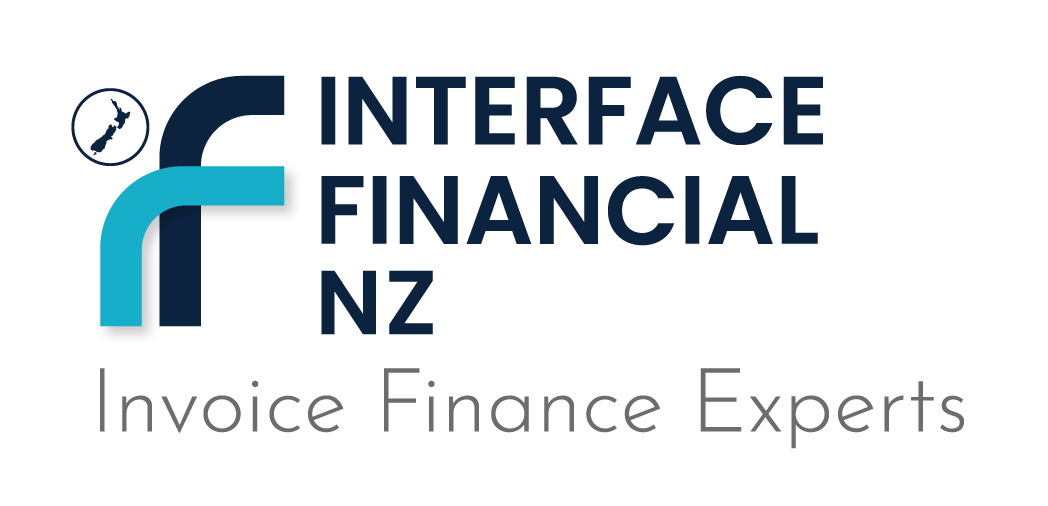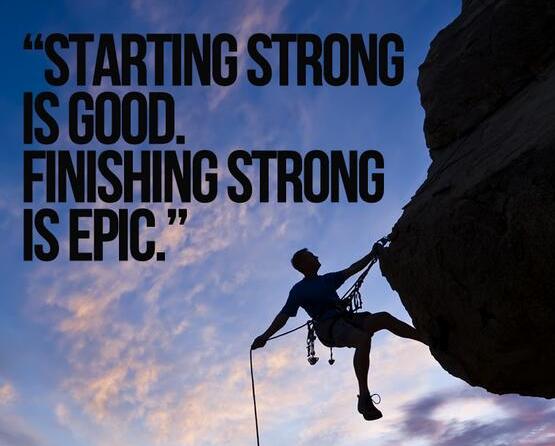NETWORKING AND WHY YOU'RE THINKING ABOUT ELEVATOR SPEECHES ALL WRONG (November 16, 2017)
There are two kinds of elevator speeches and lots of bad advice about how and when to do them well one size does not fit all; at least not if you live in New Zealand.
1. There’s the kind of elevator speech you give when you stand up to formally introduce yourself to a networking group; and
2. There’s the kind you give when you’re one-on-one.
The one-on-one elevator speech is not like a commercial about you, and you certainly don’t have 60 seconds to do it in either. Maybe it’s a Kiwi thing, but nothing could be more boring or off-putting.
It may be trite, and perhaps we cringe inside when people talk about how we respond to the question “what do you do?” It all seems so, clich?
The thing is, these are the questions people resort to when they’re trying to make conversation. We all do it. We get stuck for words while our mind frantically scrambles for something to say that will break the ice. Asking a question is both easy and polite. Questions such as:
“So, what do you do?”
“Where are you from?”
“What do you do for a living?”
“What brings you here?”
“What’s a good-looking person like…” ok, perhaps not that one so much.
It might not surprise you to find out that people, which includes you, expect these questions. Ask something weird and off-the-wall, and the most likely response you’ll get is confusion followed by, “Pardon?”
And you owe it to yourself, but more to the other person or persons, to be succinct, friendly and interesting in your response.
Rapport and liking are the keys to good networking, not the ability to sell a product or service in one sentence.
It’s the New Zealand thing to be self-effacing. Nobody wants to talk about themselves, which is a good start because a great conversationalist will get the other person to talk about himself or herself.
Afterwards, the other person will go away thinking, “Gosh, she was interesting,” when all he did was talk about himself.
Aim to have an interesting response on hand when you find yourself at a social or networking event, and somebody asks, “What do you do?”
Keep it short and sweet, so you don’t forget it.
One of the best elevator speeches if you want to start off by being interesting or building rapport is one that is simple, direct and comes with a question at the end.
For example:
“I’m a bank manager at the MXMXIII branch on Main Rd in Te Kauwhata. Do you know it?”
“I do invoice discounting have you heard of it?”
“I run an accounting practice, working mostly with a whole bunch of interesting farmers. What about yourself?”
The point of an elevator speech in a one-on-one situation is not to sell your products or services but to introduce yourself, establish context and sell yourself as somebody worth getting to know.
By completing your short, informative answer with a question, you regain control of the conversation. When you control the conversation, you can demonstrate an interest in the other person, and when that happens, you become more interesting.
by Colin Kennedy is the former National Marketing Director for BNI New Zealand.


